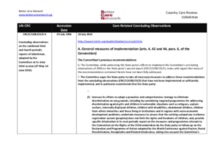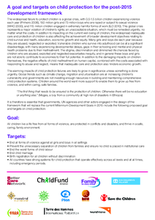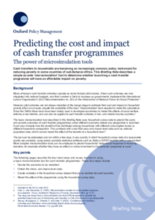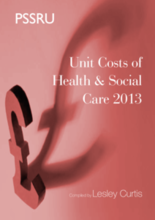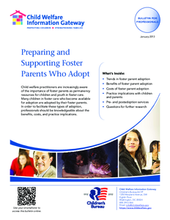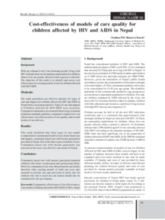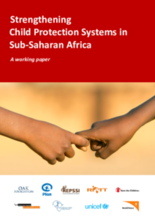Displaying 151 - 160 of 189
This Country Care Review includes the care-related concluding observations on the third and fourth periodic reports of Uzbekistan, adopted by the Committee on the Rights of the Child at its sixty-third session (27 May–14 June 2013), as well as other care-related concluding observations, ratification dates, and links to the Universal Periodic Review and Hague Intercountry Adoption Country Profile.
This statement from a group of international and national agencies working towards children's protection include recommendations for the inclusion of a major goal and specific targets on children's care and protection as part of the framework that will replace the current Millennium Development Goals in 2015.
This Recommendation by the European Commission on Investing in Children, stresses the importance of early intervention and preventative approaches, and makes quality childcare one of its key policy areas to break the cycle of disadvantage in early years and reduce the risk of child poverty and social exclusion.
Cash transfers to households are becoming an increasingly common policy instrument for reducing poverty in some countries of sub-Saharan Africa. This Briefing Note describes a simple ex-ante ‘microsimulation’ tool to determine whether launching a cash transfer programme will have an affordable impact on poverty.
This report is a compilation of health and social care costs in the UK for the year 2013, including an article and corresponding information on the costs of residential care for children.
This document provides an overview of the benefits, costs, and practice implications for adoptions from foster care in the US.
The purpose of the toolkit is to assist all public authorities in Europe involved in the programming and implementation of EU Structural Funds (and other relevant funds) to make decisions which will help to improve the lives of more than a million European citizens currently living in institutional care. The toolkit aims to explain how EU funds can support national, regional and local authorities in designing and implementing structural reforms to develop quality family-based and community-based alternatives. The toolkit explicitly deals with the European Social Fund (ESF) and the European Regional Development Fund (ERDF), but it aims to apply also to the programming and implementation of the European Agricultural and Rural Development Fund (EARDF) and the Instrument for Pre-accession Assistance (IPA).
This research study aimed to identify and assess the cost effectiveness for existing models of care for children affected by HIV and AIDS in Nepal. The study performed a cost effective analysis for three types of care models in order to provide program managers and childcare professionals comparative economic evidence of the cost of caring for these children.
This paper is a response to the increasing need for agreement on approaches and documented evidence of good practices consistent with system strengthening work. The purpose of the Inter-Agency Working Paper is to consolidate current thinking, examples and lessons learned about child protection system strengthening in sub-Saharan Africa and suggest a way forward.
This International Labour Organization (ILO) brief introduces a new international standard adopted in June 2012, the Social Protection Floors Recommendation, 2012 (No. 202), that provides guidance to member States in building comprehensive social security systems and extending social security coverage by prioritizing the establishment of national floors of social protection accessible to all in need.

